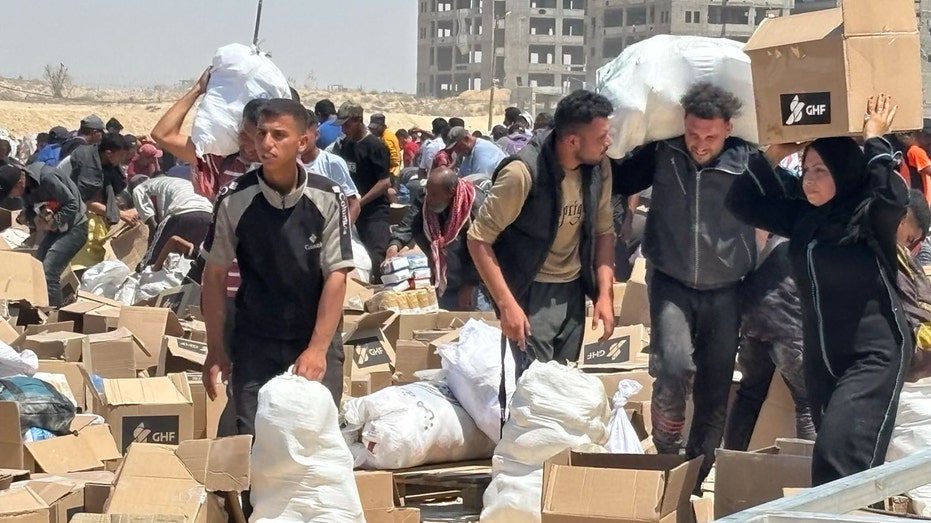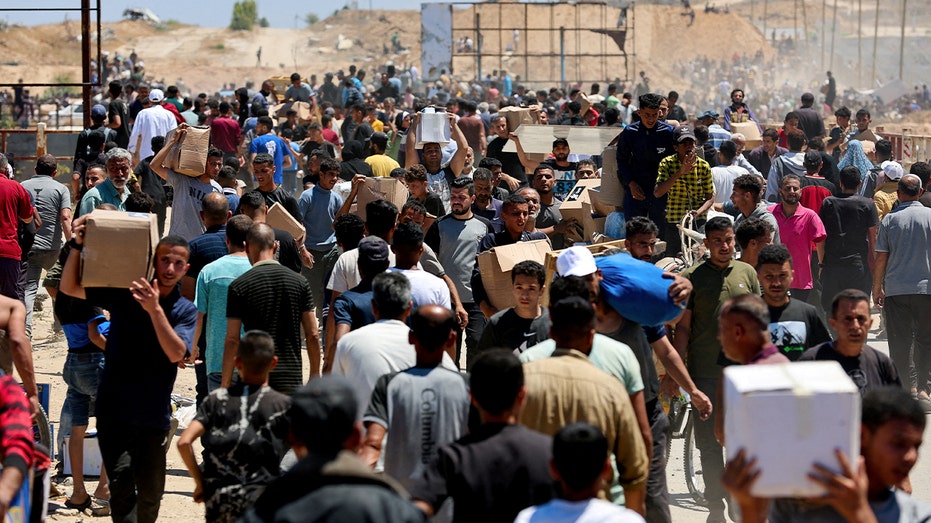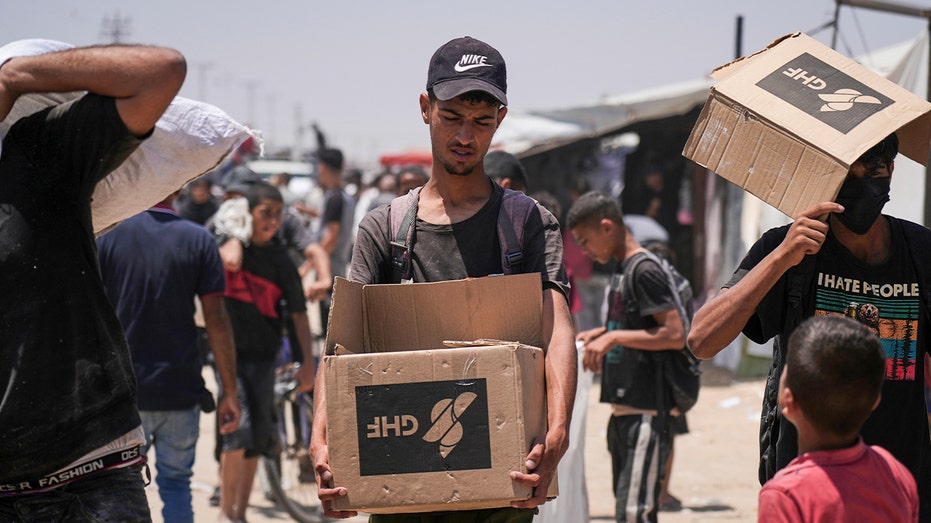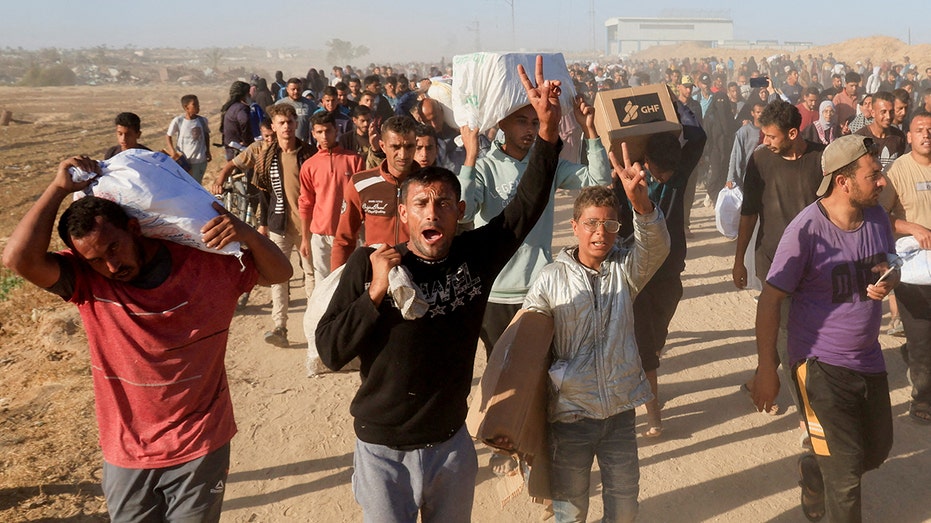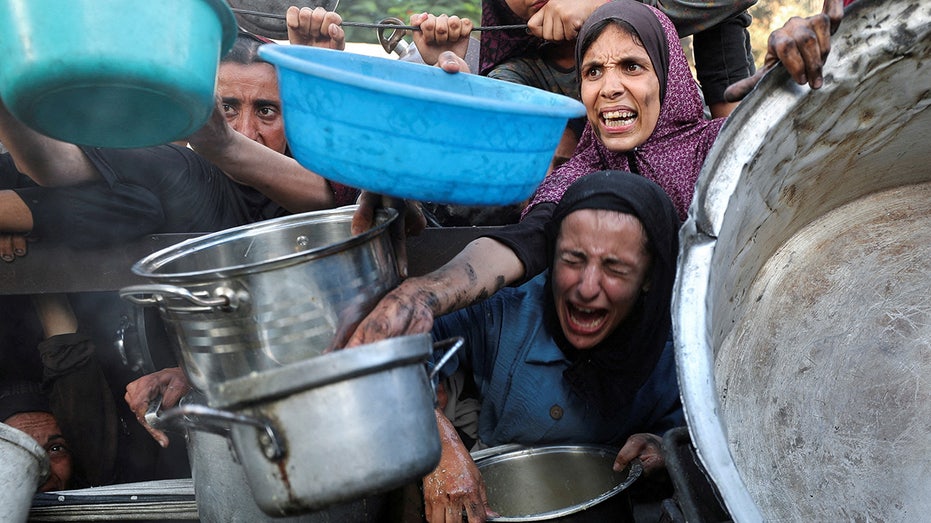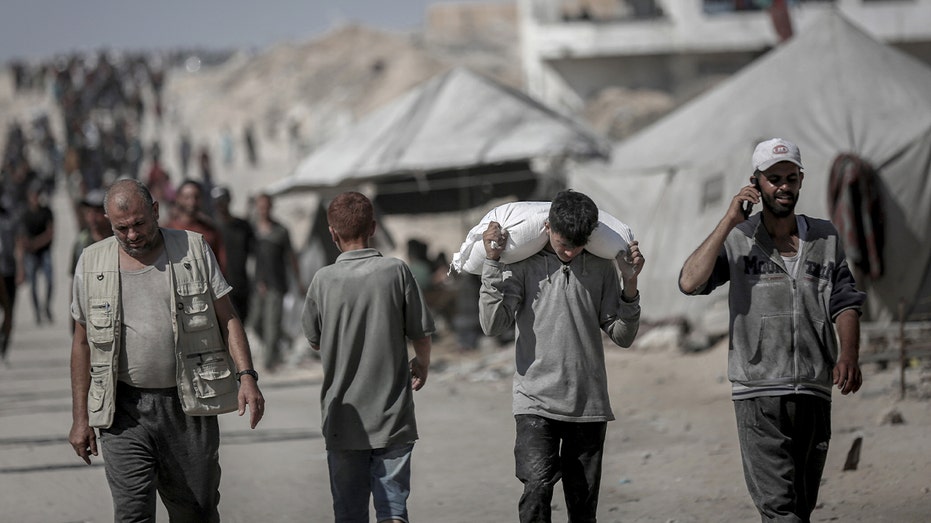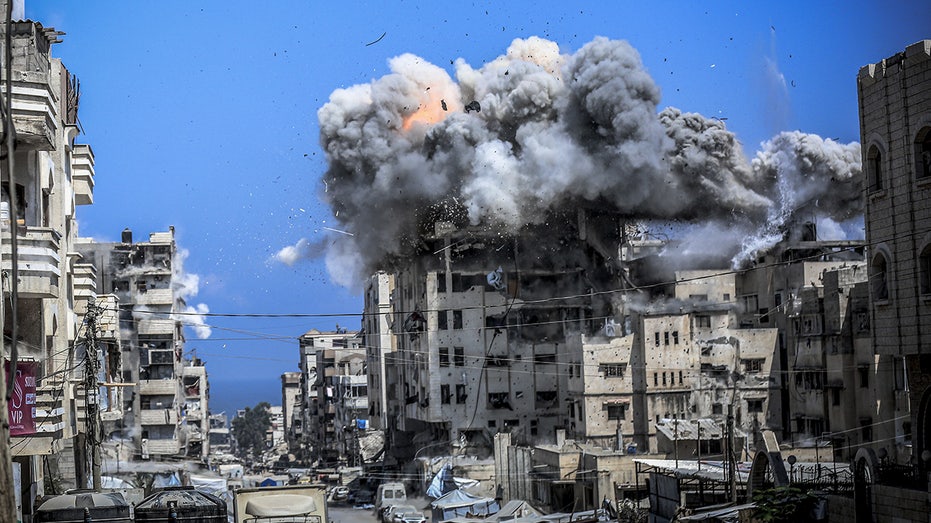US-Backed GHF Delivers 70 Million Meals in Gaza Amid UN and NGO Backlash

Sarah Johnson
July 14, 2025
Brief
US-backed Gaza Humanitarian Foundation delivers 70 million meals amid fierce criticism from UN and NGOs, facing violence and desperation in Gaza.
In a remarkable yet contentious effort, the Gaza Humanitarian Foundation (GHF), supported by the U.S. and Israel, has delivered a staggering 70 million meals to the people of Gaza since May. This initiative, aimed at alleviating hunger in a war-torn region, has unfortunately become a lightning rod for criticism, not just from Hamas, but surprisingly from major global aid organizations and the United Nations itself.
The UN Relief and Works Agency (UNRWA) Commissioner-General Philippe Lazzarini recently unleashed a scathing attack on GHF, labeling it an 'abomination' that delivers 'starvation and gunfire' instead of aid. Over 230 NGOs, including heavyweights like Amnesty International and Oxfam, have echoed this sentiment in an open letter, pushing for a return to the U.N.-led aid model. But is this backlash rooted in genuine concern, or is it a desperate attempt to protect a long-standing, yet flawed, aid monopoly?
GHF's Bold Approach Under Fire
Critics of UNRWA point to its alleged ties to Hamas as a reason for its diminishing credibility, especially as GHF's direct delivery system shows results. Gerald Steinberg of NGO Monitor didn’t mince words, accusing these groups of being 'anti-Israel superpowers' with vast resources to smear GHF. He argues that GHF proves aid can reach Gaza without feeding into a 'corrupt billion-dollar industry' tied to U.N. agencies and Hamas-aligned NGOs.
Meanwhile, GHF’s interim Executive Director John Acree remains unfazed by the paper-pushing critics. 'They write letters, sign documents, and yet we’re doing it,' he said, extending an olive branch to these organizations to join hands in the field. Despite daily outreach, partnerships remain elusive, though discussions are underway.
Violence and Desperation on the Ground
The reality on the ground is grim. GHF has faced violent opposition from Hamas, which reportedly sees the group as a threat to its control over aid and market prices. Tragically, 12 Palestinian GHF staff members have been killed, and two U.S. veterans were injured in a grenade attack at a distribution site. UNRWA claims 800 deaths linked to GHF’s operations, a figure GHF disputes as Hamas propaganda, calling for an international investigation into the U.N.'s reliance on such data.
Acree admits the desperation in Gaza was underestimated. Many Gazans, he notes, are receiving free aid for the first time, having previously been forced to pay. GHF is adapting to manage this tension, but the need for more support—both in aid and partnerships—is urgent. With $30 million already provided by the U.S. and potential monthly grants on the horizon, the stakes couldn’t be higher.
As this war of words and actions unfolds, one thing is clear: feeding the hungry in Gaza is a battle fought on multiple fronts, with no easy victories in sight.
Topics
Editor's Comments
Well, folks, it seems feeding the hungry in Gaza is harder than getting a politician to keep a promise. The GHF is out there delivering 70 million meals, while the U.N. and NGOs are busy writing strongly worded letters—guess they think hunger can be solved with ink. And Hamas? They’re playing the ultimate gatekeeper, treating aid like it’s their personal buffet. Here’s a thought: if UNRWA is so concerned about 'starvation and gunfire,' maybe they should check their own backyard for Hamas ties before pointing fingers. It’s almost like watching a food fight, except the only thing getting served is chaos!
Like this article? Share it with your friends!
If you find this article interesting, feel free to share it with your friends!
Thank you for your support! Sharing is the greatest encouragement for us.
